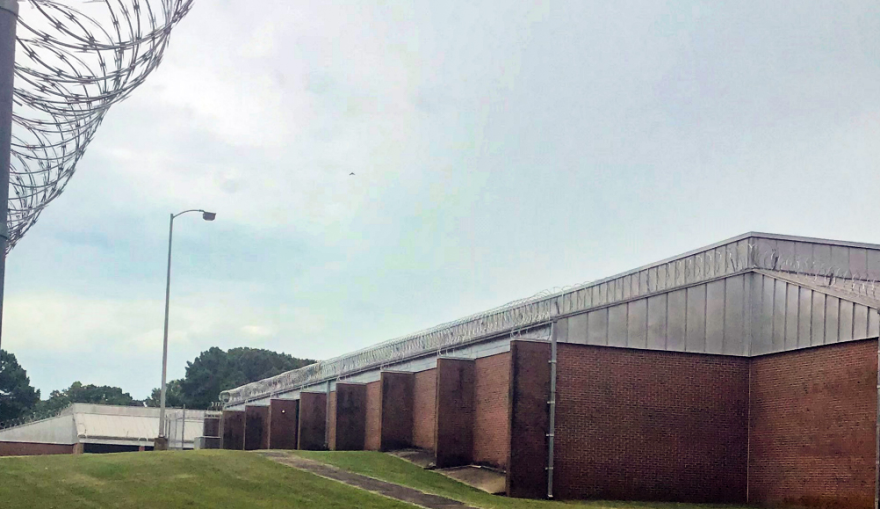Disability Rights Tennessee and the Youth Law Center have published a new report on the state’s juvenile criminal justice system, offering suggestions on how to prevent abuse inside detention facilities, and set kids up for success after they leave.
The new report is partially based on interviews Disability Rights Tennessee conducted with kids at the the Wilder Youth Development Center, a juvenile detention facility, between 2020 and 2022. About 80% of the youth who were interviewed had disabilities, and over 95% were Black. It costs the state $1,632.24 per day, or almost $600,000 per year, to house a single youth at Wilder.
The report makes several recommendations about how that money could be used to improve — and ideally, shrink — the juvenile criminal justice system. It identifies three primary areas of focus: supporting families, supporting communities and transparency and oversight.
“Our juvenile justice system still has problems, but these can be fixed,” said Jasmine Miller, who is an attorney with the Youth Law Center and one of the authors of the report.
“We put forth practical, concrete action steps that can be taken to increase family engagement, expand community resources, and keep youth in our juvenile justice system safe from harm, all of which promote safer communities and result in a decrease in youth crime rates,” she added.
When it comes to supporting families, Disability Rights Tennessee and the Youth Law Center emphasize the importance of reducing the barriers that detention facilities create between kids in custody and their families. Phone time is limited, costs money and youth are often only allowed to speak with their legal guardians. Some facilities have not allowed in-person visits to resume since the pandemic, while others only allow legal guardians. That means the child’s siblings, grandparents, aunts, uncles and — if they are already parents themselves — children can’t visit them. It also makes it more difficult for parents and legal guardians to visit, since it means having to find childcare for any siblings or grandchildren they may usually care for during the day.
“I would put more windows in. And I would also let parents come every once and[sic] awhile,” said one of the youth Disability Rights Tennessee interviewed at Wilder.
The report also notes that most kids in detention facilities came into contact with the criminal justice system following some kind of crisis.
According to the Tennessee Commission on Children and Youth’s 2023 Youth in Detention Survey, 65% of youth had experienced a health challenge, 69% had experienced an education challenge, 43% had experienced an economic challenge such as being evicted, having their lights or water turned off, or losing a job, and 63% had experienced another adversity like a parent dying or being incarcerated, living in an unsafe neighborhood or becoming pregnant.
That’s why the report recommends improving access to resources and services such as healthcare or housing to improve young peoples’ chances of success after leaving a detention facility.
The report also recommends investing in community programming to create support networks for youth reentering society. It cites several successful programs currently operating in Tennessee, including Project STAND in Memphis. That project works with youth exiting detention centers and their families by matching them with a mentor and helping them enroll in school, providing tutoring, taking them on college visits and providing family counseling, among other services. It has a 94% non-recidivism rate.
Finally, Disability Rights Tennessee and the Youth Law Center emphasize the importance of oversight and increased transparency to prevent abuse and mistreatment in juvenile detention facilities. The report recommends establishing independent, third-party oversight of juvenile detention facilities. It also suggests creating a publicly-available list of every place that is licensed, approved, contracted and/or operated by the Department of Children’s Services for the placement or temporary holding of youth, like the list the state has of preschools and daycare programs.
These recommendations come after last year’s announcement that the Department of Children’s Services would be embarking on 400-million dollars’ worth of construction projects — including new detention facilities.




